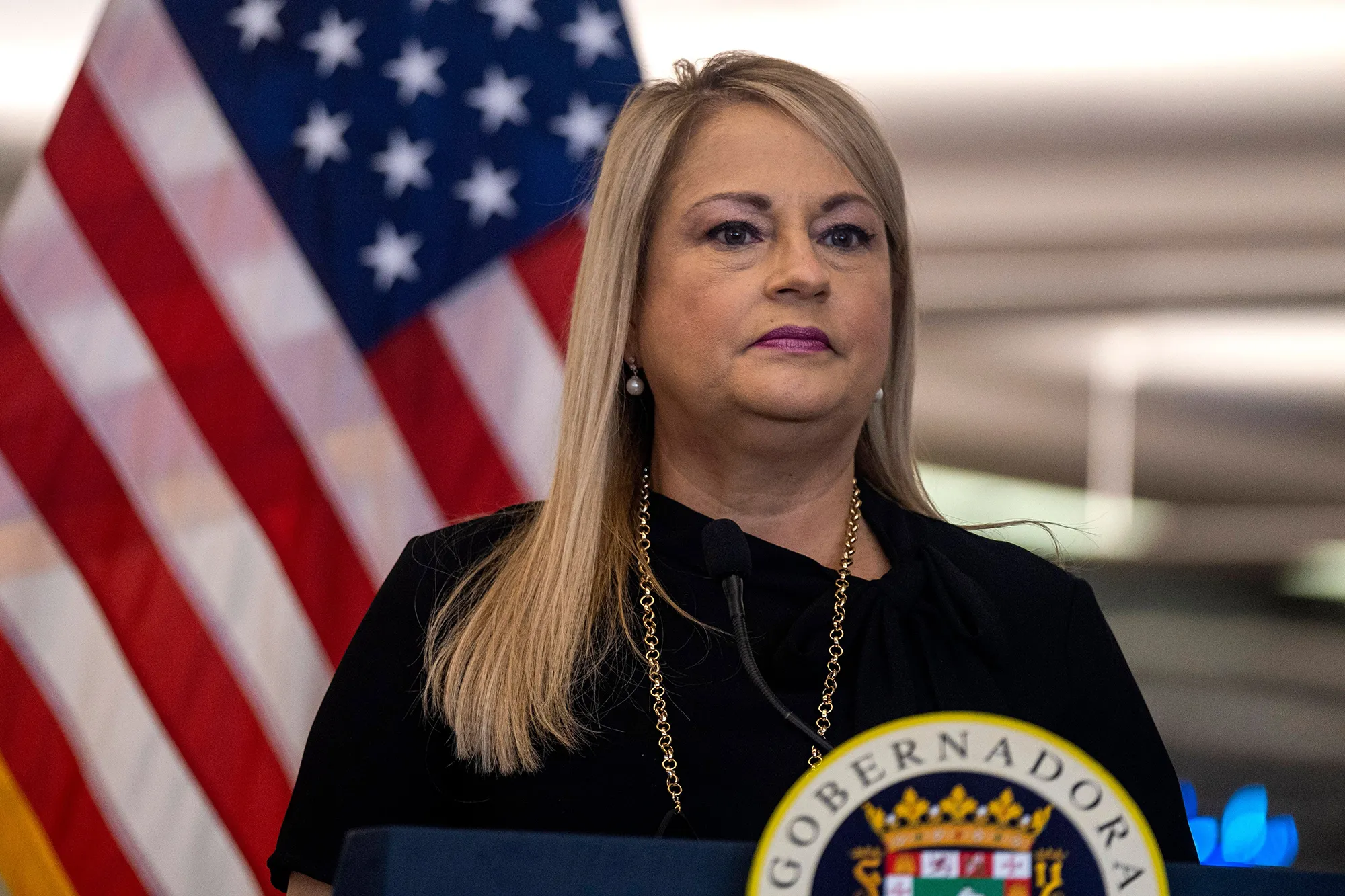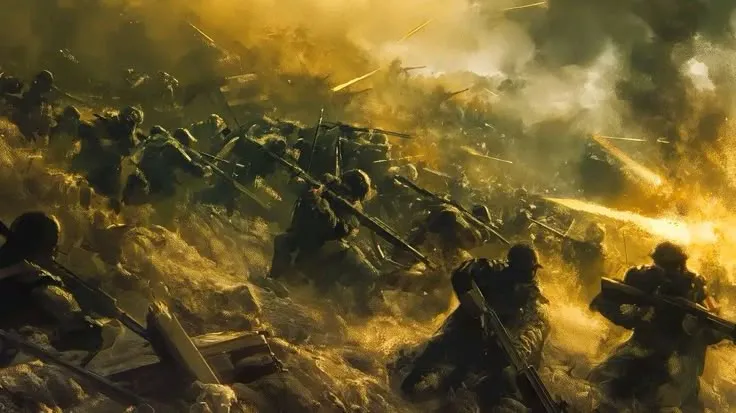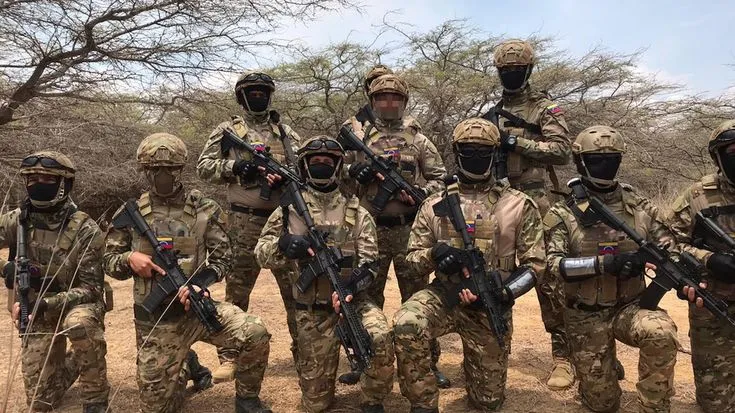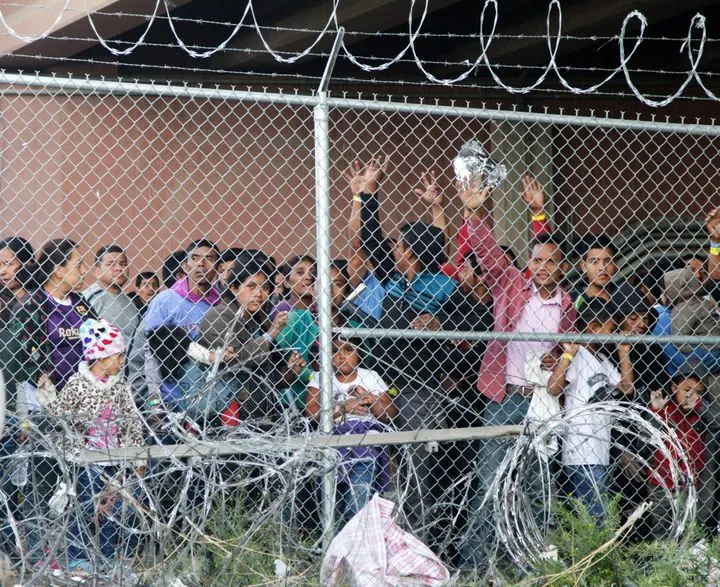The Arrest of Wanda Vázquez Garced: A Case Study in Lawfare, Political Dynamics, and Economic Policy in Puerto Rico
An in-depth analysis of the arrest of former Puerto Rican Governor Wanda Vázquez Garced, exploring the role of lawfare, political dynamics, and economic policies in Puerto Rico.

The Arrest of Wanda Vázquez Garced: A Case Study in Lawfare, Political Dynamics, and Economic Policy in Puerto Rico
The arrest of former Puerto Rican Governor Wanda Vázquez Garced on federal bribery charges in August 2022 marked a watershed moment in Puerto Rico’s political history. As the first former governor of the island to face federal criminal charges, her case has reignited debates about corruption, political influence, and the strategic use of legal systems—commonly referred to as lawfare. This deeply-researched analysis explores the circumstances leading to her arrest, its implications in the broader political and economic landscape of Puerto Rico, and how a potential Donald Trump presidency could alter the trajectory of her legal battles.
The Rise and Fall of Wanda Vázquez Garced
A Controversial Political Ascent
Wanda Vázquez Garced, a seasoned lawyer and public servant, assumed Puerto Rico’s governorship in 2019 after her predecessor, Ricardo Rosselló, was ousted amid massive protests over corruption and leaked offensive messages. Vázquez, then Secretary of Justice, reluctantly took the reins, inheriting a government marred by financial instability, public distrust, and the lingering devastation of Hurricane Maria.
Initially seen as a transitional figure, Vázquez’s tenure quickly became controversial. Her administration faced criticism for its handling of disaster relief funds, which many residents perceived as slow and inefficient. Despite these challenges, she entered the 2020 gubernatorial race, losing her party's primary to Pedro Pierluisi. The political drama escalated when she endorsed Donald Trump for reelection in October 2020—a surprising move given Trump’s strained relationship with Puerto Rico over hurricane aid and his disparaging remarks about the island.
The Bribery Allegations
Vázquez’s arrest in 2022 stemmed from allegations that she accepted bribes during her 2020 campaign in exchange for favors. According to federal prosecutors, she conspired with financial executives and intermediaries to replace a bank regulator investigating their institution with someone more favorable to their interests. The charges included conspiracy, federal program bribery, and honest services wire fraud.
The indictment highlights systemic corruption but also raises questions about the selective application of justice, especially as similar allegations against other politicians have not resulted in comparable legal consequences.
Lawfare in Action
The case against Vázquez exemplifies the concept of lawfare—the strategic use of legal systems to achieve political or tactical ends. Several factors suggest the latent presence of lawfare in her arrest:
Political Context of the Charges:
The timing of the indictment, two years after her endorsement of Donald Trump, has fueled speculation about whether the case was influenced by political motivations. Her endorsement was controversial and viewed by many as an attempt to align Puerto Rico more closely with Republican leadership, potentially alienating her from local and federal Democratic power structures.
Selective Prosecution:
Critics argue that other officials in Puerto Rico have faced similar allegations without facing charges, raising concerns about unequal treatment under the law. Vázquez’s high-profile case could serve as a warning to politicians considering controversial alliances or policies.
Public Perception:
The arrest of a former governor sends a strong message about accountability but also risks eroding public trust in the impartiality of the justice system if perceived as politically motivated.
Puerto Rico’s Political and Economic Landscape
A Fragile Economy
Since 2014, Puerto Rico has been grappling with an economic crisis exacerbated by its $70 billion debt burden and subsequent imposition of the Financial Oversight and Management Board under PROMESA (Puerto Rico Oversight, Management, and Economic Stability Act). The board has overseen austerity measures that, while addressing fiscal issues, have deepened socioeconomic inequalities.
Economic policies like Act 22, which offers tax incentives to wealthy investors, have attracted capital but sparked resentment among locals who see these measures as prioritizing outsiders over residents. The banking sector, implicated in Vázquez’s bribery case, has also come under scrutiny for enabling questionable financial practices.
Political Dynamics
Puerto Rico’s political status as a U.S. territory without full representation complicates its governance. The island's leadership must navigate local issues while aligning with federal priorities. Vázquez’s endorsement of Trump reflected this tightrope, attempting to secure federal support while risking alienation from her constituency.
The Trump Factor: A Potential Turning Point
The return of Donald Trump to the presidency in 2025 could significantly alter Vázquez’s legal circumstances. As president, Trump would have the authority to grant federal pardons, potentially nullifying her charges. Given her loyalty to Trump during his 2020 campaign, such an intervention is not beyond the realm of possibility.
Beyond a pardon, a Trump administration might deprioritize or dismiss her case entirely, viewing it as a politically motivated prosecution by a Democratic-led Department of Justice. However, such a move would carry substantial political risks, likely reigniting debates about the impartiality of the justice system and the use of presidential powers.
The arrest of Wanda Vázquez Garced represents a nexus of corruption, political intrigue, and economic policy challenges in Puerto Rico. Her case underscores the fragility of public trust in legal and political institutions and highlights the risks of aligning with controversial figures like Donald Trump. As Puerto Rico continues to grapple with economic recovery and political uncertainty, the outcome of Vázquez’s legal battles will serve as a litmus test for accountability, justice, and the role of lawfare in shaping the island’s future.
Since 2014, Puerto Rico has faced significant political and economic challenges, culminating in the arrest of former Governor Wanda Vázquez Garced in 2022. Her endorsement of Donald Trump in October 2020 adds a complex layer to her legal troubles. This analysis explores the concept of lawfare in Vázquez's case, the potential implications of a Trump presidency on her situation, and the status of Puerto Rico's banking sector in relation to Act 22.
Political Landscape of Puerto Rico (2014–2024)
Puerto Rico's political environment has been marked by economic crises, natural disasters, and political upheavals:
- 2014–2016: The island grappled with a severe debt crisis, leading to the establishment of the Financial Oversight and Management Board under the Puerto Rico Oversight, Management, and Economic Stability Act (PROMESA).
- 2017: Hurricane Maria devastated Puerto Rico, exposing governmental inefficiencies and corruption, and intensifying public dissatisfaction.
- 2019: Massive protests erupted, resulting in Governor Ricardo Rosselló's resignation. Wanda Vázquez Garced, then Secretary of Justice, assumed the governorship amid public skepticism.
- 2020: Vázquez lost the New Progressive Party primary to Pedro Pierluisi. In October, she endorsed President Donald Trump for re-election, a move that surprised many given Trump's contentious relationship with Puerto Rico.
- 2022: Vázquez was arrested on federal bribery charges related to her 2020 campaign financing, marking the first time a former Puerto Rican governor faced federal charges.
Justice.gov
Lawfare in Wanda Vázquez's Case
Lawfare involves the strategic use of legal systems to achieve political or military objectives. In Vázquez's situation, several aspects suggest the presence of lawfare:
- Timing of Charges: The indictment came after her endorsement of Trump, raising questions about potential political motivations behind the prosecution.
- Selective Prosecution: Supporters argue that similar actions by other politicians have not led to comparable legal consequences, indicating possible selective enforcement.
- Public Perception: The high-profile nature of the case may serve to deter other politicians from aligning with certain political figures or policies, reflecting a strategic use of legal action to influence political behavior.
Potential Impact of a Trump Presidency
Presently, due to Donald Trump’s return to the presidency, several scenarios could unfold regarding Vázquez's legal situation:
- Pardon Power: The President holds the authority to grant pardons for federal offenses. Trump could potentially pardon Vázquez, nullifying her legal challenges.
- Department of Justice Influence: A Trump administration might deprioritize or dismiss the case, especially if perceived as politically motivated.
- Political Repercussions: A pardon or intervention could be viewed as favoritism, potentially undermining public trust in the impartiality of the justice system.
Puerto Rico's Banking Sector and Act 22
Act 22, enacted in 2012, aims to attract individual investors to Puerto Rico by offering tax exemptions on passive income, including interest, dividends, and capital gains. This legislation has significantly impacted the banking sector:
- Increased Deposits: The influx of new residents under Act 22 has led to higher deposits in local banks, enhancing liquidity.
- Economic Stimulus: New residents contribute to the economy through real estate investments and consumption, indirectly benefiting financial institutions.
- Regulatory Scrutiny: The rapid growth associated with Act 22 has prompted increased oversight to prevent money laundering and ensure compliance with international banking standards.
In summary, the arrest of Wanda Vázquez Garced intertwines with broader themes of lawfare, political dynamics, and economic policies in Puerto Rico. The potential return of Donald Trump to the presidency could significantly influence her legal circumstances, while the banking sector continues to evolve under the effects of Act 22.
Should Trump’s return to power, turn the tables dramatically in her favour, further blurring the lines between justice and political strategy in this deeply divided era.
Synopsis
Context: FBI Arrest and Corruption Charges
August 2020: The FBI arrested Vázquez on charges of conspiracy, bribery, and wire fraud.
Allegations: She allegedly steered a $300,000 contract to a Puerto Rican financial services firm, in exchange for campaign donations.
Key Figure: Julio Herrera Velutini, a billionaire banker, allegedly promised financial support for her 2020 gubernatorial campaign in exchange for replacing Puerto Rico’s Commissioner of Financial Institutions with a candidate favorable to his interests.
March 2022: Vázquez was indicted alongside Herrera Velutini and others. Charges included:
- Bribery (18 U.S.C. § 666)
- Honest services fraud (18 U.S.C. § 1346)
- Conspiracy to commit federal programs bribery.
Political Timing and Irregularities
Election Interference Claims:
The FBI raided Vázquez’s home in January 2020, months before her arrest, while she was campaigning for re-election. She lost the NPP primary in August 2020, days after her arrest.
Critics argue the timing damaged her politically, mirroring claims that federal probes are used to influence elections.
Procedural Questions:
The case relied heavily on testimony from former officials (e.g., ex-Treasury Secretary Francisco Parés) who received immunity deals, raising concerns about incentivized testimony.
Vázquez’s defense argued the charges were “politically motivated” and based on “fabricated evidence.”
Contrast with Other Puerto Rico Cases
Selective Prosecution?:
Former San Juan Mayor Carmen Yulín Cruz (pro-independence, progressive) faced no federal charges despite allegations of mismanaging hurricane relief funds.
Former Gov. Alejandro García Padilla (Popular Democratic Party, center-left) was investigated but never charged for corruption tied to energy contracts.
Federal Overreach Claims:
Puerto Rico’s status as a U.S. territory creates ambiguity in federal jurisdiction. Critics argue the DOJ disproportionately targets pro-statehood (Republican-aligned) leaders.
Biden DOJ’s Role
Continuity from Trump Era:
The investigation began under Trump-appointed U.S. Attorney Stephen Muldrow (District of Puerto Rico) but continued under Biden’s DOJ.
Charges were filed in 2022 by Biden-appointed U.S. Attorney W. Stephen Muldrow, suggesting bipartisan pursuit of the case.
Narrative Tensions:
Vázquez’s allies claim the case reflects federal distrust of Puerto Rican autonomy, not partisan bias.
However, her NPP ties could be framed as part of a pattern of targeting GOP-aligned figures.
Case Status and Outcomes
January 2024: A federal judge dismissed bribery charges against Vázquez and Herrera Velutini, citing insufficient evidence.
Surviving Charges: Wire fraud and conspiracy charges remain pending.
Public Response: Vázquez called the dismissal a “victory against political persecution.”
Relevance to “Weaponization” Claims
Timing of Investigations: Probes during election cycles (Vázquez in 2020, Trump in 2020/2024).
Immunized Witnesses: Reliance on testimony from officials with incentives to cooperate (cf. Michael Flynn case).
Jurisdictional Overreach: Federal intervention in territorial politics, perceived as undermining local GOP-aligned leaders.
Related Articles

Judicial Deceit and the Judicialization of Political Participation
An analysis of hybrid warfare and Lawfare in the 21st century, focusing on judicial manipulation and political deceit.

Key Contemporary Concepts: Hybrid War and Lawfare
An analysis of hybrid warfare and lawfare as strategic tools used in modern conflicts, focusing on their implications in global politics.

The Venezuelan Precedent in Hybrid and Lawfare Strategies
An exploration of Venezuela's role in pioneering hybrid warfare and Lawfare, shaping authoritarian tactics across the globe.


